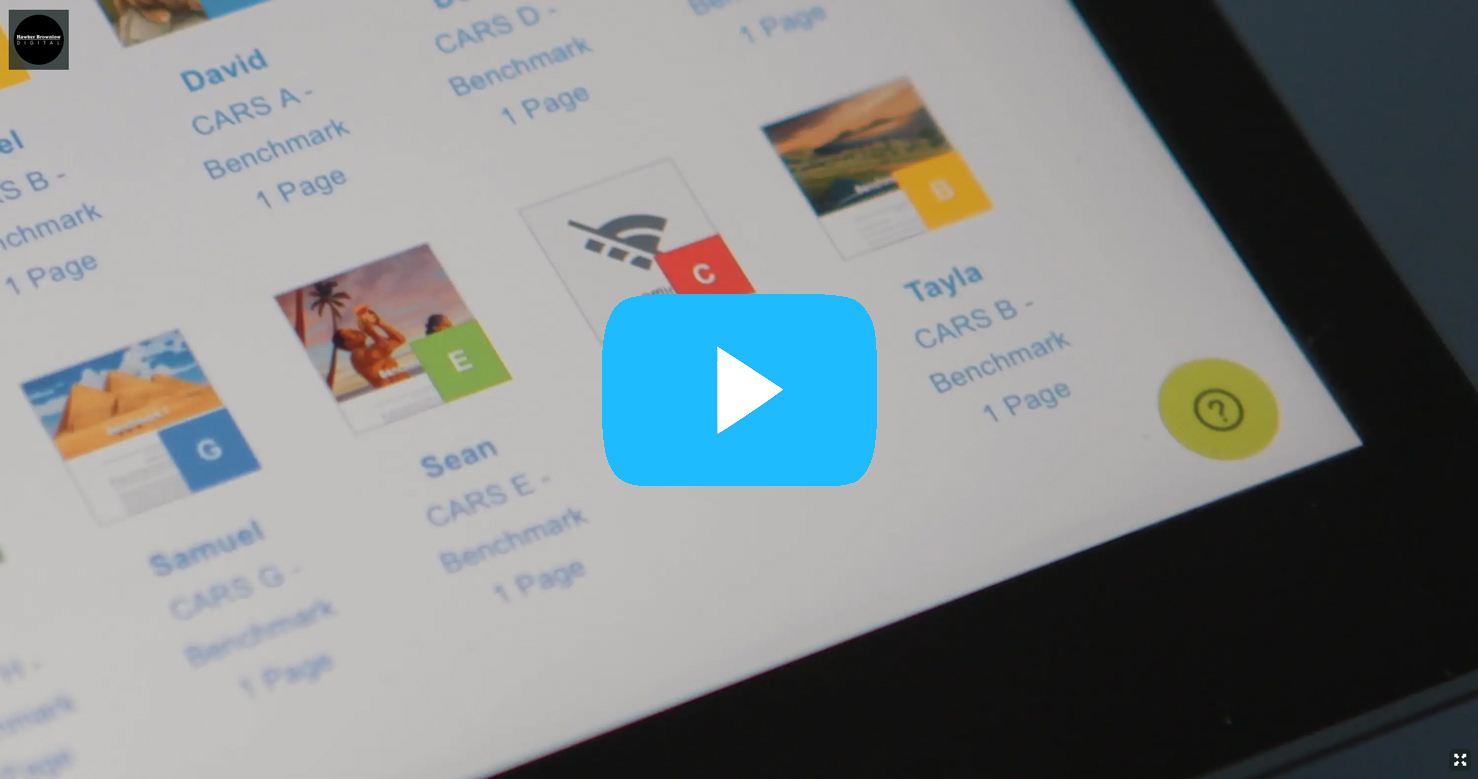A tongue twister is a phrase that is designed to be difficult to articulate properly and can be used as a type of spoken (or sung) word game. Tongue twisters can be a fun and engaging tool to support the development of foundational reading skills and promote a positive attitude towards reading. Here's some ways that tongue twisters can help with reading.
Phonemic Awareness: Tongue twisters often feature words or phrases with similar sounds, making them an excellent resource for developing phonemic awareness. By practising tongue twisters, students learn to distinguish and manipulate sounds, identify rhymes and become more attuned to the phonetic patterns of language. This awareness of individual sounds and their relationships is crucial for early reading and decoding skills.
Articulation and Pronunciation: Tongue twisters challenge students to articulate and enunciate words accurately and quickly. The repetitive nature and complex sound patterns of tongue twisters require precision in pronunciation. Regular practice with tongue twisters can improve students' articulation skills, speech clarity and overall oral language proficiency.
Fluency and Expression: Tongue twisters encourage students to read aloud rapidly and with expression. The rhythmic patterns and alliteration in tongue twisters help develop fluency, as students learn to maintain a smooth and natural pace while navigating challenging linguistic structures. By engaging in repeated readings of tongue twisters, students can enhance their reading fluency and expression.
Vocabulary Expansion: Tongue twisters often feature playful and creative language, introducing students to new words, phrases, idioms and wordplay. By encountering unfamiliar vocabulary in a fun and memorable context, students can expand their word knowledge and develop a sense of curiosity and interest in language. This can foster a love for reading and encourage students to explore more texts to discover new words and expressions.
Engagement and Motivation: Tongue twisters are inherently enjoyable and provide a sense of playfulness and humour. Their entertaining nature can capture students’ attention and make reading a fun activity. Engaging with tongue twisters in a group setting or as a challenge among peers can foster a positive and supportive reading environment that promotes enthusiasm and motivation for reading.
Oral Language Skills: Tongue twisters encourage active participation and interaction, promoting oral language development. By reciting tongue twisters, students practise clear and confident communication, develop their listening skills and gain confidence in expressing themselves verbally. These oral language skills provide a strong foundation for reading comprehension and overall language proficiency.
When using tongue twisters as a tool for reading development, it's important to create a supportive and inclusive environment that encourages participation and celebrates progress. Teachers can incorporate tongue twisters as warm-up activities or group recitations, or as part of English lessons. Providing opportunities for students to create their own tongue twisters can further enhance their creativity, wordplay and sense of ownership over their learning.
Another way to complement the process of improving reading comprehension and adjacent skills is with CARS & STARS Online. CARS & STARS Online is a unique and innovative way of approaching the teaching of reading comprehension. Built around the repeated application of research-proven reading strategies across every level, the program aims to turn every student into a confident and able reader, with advanced levels of reading comprehension they can apply to content across the curriculum as well as in daily life.
If you are interested in learning more about the CARS & STARS Online subscriptions and how they can help children to achieve better results, then sign up for a free trial to be an integral part of your child’s reading success.































